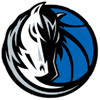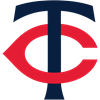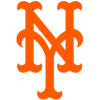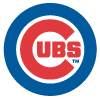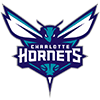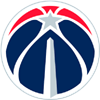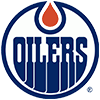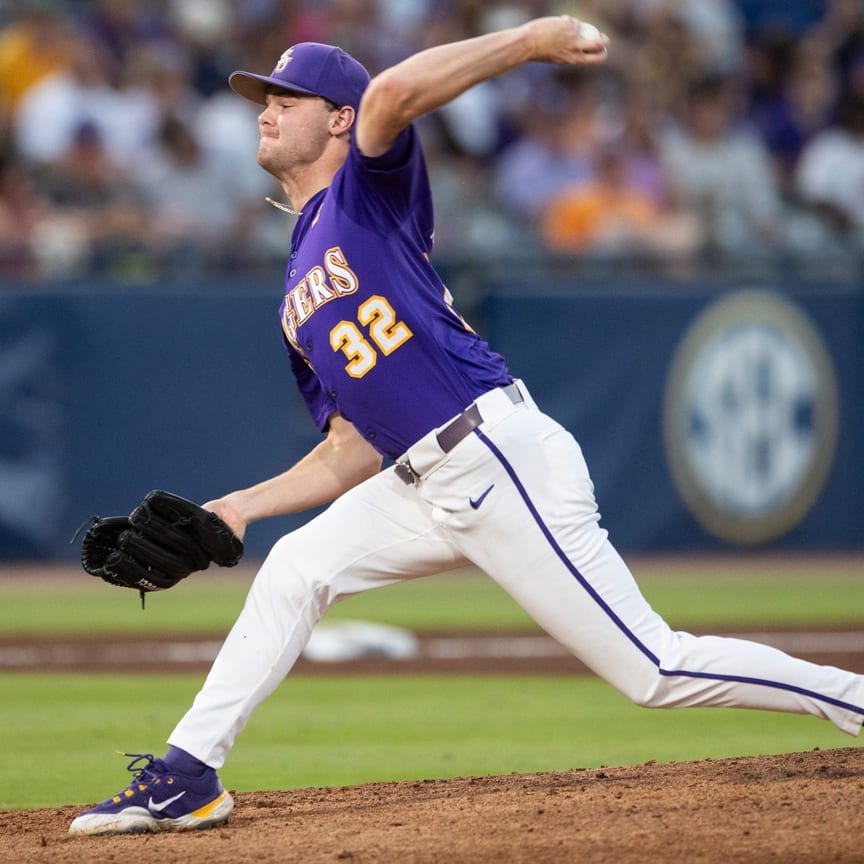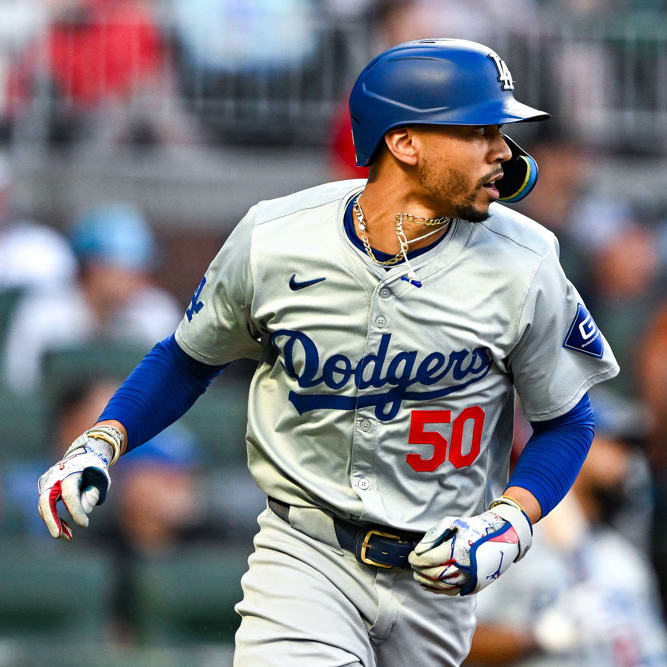It's that time of year. We've seen quasi NFL football games, Wild Card races are tight, and fantasy baseball owners are either making a push to get in the money or are planning for 2020. In my experience, fantasy leagues usually have a later trade deadline than MLB, so I've been seeing lots of prospects for veterans deals going down. That got me thinking about which veterans have increased their keeper value the most this year. This list is by no means exhaustive, so if you have questions about guys not covered below, feel free to leave me a note in the comments section.
Ketel Marte, OF 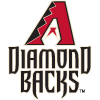
Marte has logged just 10 games at short this year, so he could lose 2020 eligibility there, which hurts, but he will still have 2B and OF eligibility. Marte entered 2019 coming off a solid, but unspectacular, 2018 that saw him hit .260 with 12 homers and six stolen bases. This year he's hitting a stunning .320/.381/.568 with 25 home runs and eight steals. A 52-point BABIP increase to .334 has helped, but his Statcast metrics (barrel rate, launch angle, exit velocity and hard hit rate) are all up significantly. In particular, he's pushed his launch angle from 5.7 degrees last year to 11.5 in 2019. I suspect some element of luck in his batting average, but he's got good speed and is hitting the ball harder, so .290 to .300 the rest of the way isn't out of the question. Marte
It's that time of year. We've seen quasi NFL football games, Wild Card races are tight, and fantasy baseball owners are either making a push to get in the money or are planning for 2020. In my experience, fantasy leagues usually have a later trade deadline than MLB, so I've been seeing lots of prospects for veterans deals going down. That got me thinking about which veterans have increased their keeper value the most this year. This list is by no means exhaustive, so if you have questions about guys not covered below, feel free to leave me a note in the comments section.
Ketel Marte, OF 
Marte has logged just 10 games at short this year, so he could lose 2020 eligibility there, which hurts, but he will still have 2B and OF eligibility. Marte entered 2019 coming off a solid, but unspectacular, 2018 that saw him hit .260 with 12 homers and six stolen bases. This year he's hitting a stunning .320/.381/.568 with 25 home runs and eight steals. A 52-point BABIP increase to .334 has helped, but his Statcast metrics (barrel rate, launch angle, exit velocity and hard hit rate) are all up significantly. In particular, he's pushed his launch angle from 5.7 degrees last year to 11.5 in 2019. I suspect some element of luck in his batting average, but he's got good speed and is hitting the ball harder, so .290 to .300 the rest of the way isn't out of the question. Marte is dealing with a sore back, but by all accounts, it's not serious, so we should see him back soon. I wish they'd give him the green light on the bases more, but anyone who drafted him this year has surely gotten a positive ROI.
Max Muncy, INF, 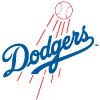
After an amazing rookie season in which Muncy came out of nowhere to hit .263/.391/.582 with 35 home runs in 481 PA, we wrote about Muncy that, "it's tough to forecast anything close to a full repeat." A very defensible statement considering he was a 27-year-old rookie with a .195 career BA in 215 big league at-bats. Well, it looks like we are seeing pretty close to a full repeat, as Muncy sits at 31 home runs with a .258/.369/.527 slash line. That's still a 77-point drop in OPS, as his BB percentage is down from 16.9 to a still-strong 14.9 percent and he's lost 50 points of ISO, but on the flipside, his K percentage is down from 27.2 to 23.8 percent, making it more likely that he can sustain at least a decent BA in the .260-plus range. Muncy hits lefties and righties nearly equally well, and he's actually shown improved defense this year according to some metrics. Dodgers fans want to see Gavin Lux in the big leagues, but if that happens, his playing time isn't coming at Muncy's expense.
Max Kepler, OF 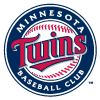
Seeing Kepler netting a five-year $35 million contract extension coming off a .224/.319/.408 season was a bit surprising, but as a plus defender with decent power, it was justified, and now it appears the Twins knew what they are doing. Kepler is hitting .255/.336/.529 with 33 home runs, 81 RBI, and 84 runs, all career highs for the 26-year-old. Like Marte above, Kepler's Statcast metrics are up across the board, and his 16.1 K percentage is excellent, as is his 10.2 BB percentage. Good plate discipline and emerging power is a pretty nice combination. The lefty swinger has actually performed better against southpaws this year at .287/.340/.519, always a good sign for a hitter's ability to avoid being platooned. Kepler never showed this type of power in the minors, but he's 6'4" and a listed 220 lbs., and, in this day and age, the power spike isn't all that unique. Kepler is hitting just .161 in his last 14 games, but he's still taken a nice step forward.
Rafael Devers, 3B, 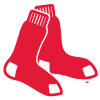
At .332/.380/.596 with 27 homers, 101 RBI and 103 runs, Devers has been a four-category fantasy monster, and despite his 240-listed weight, he's even managed eight stolen bases (and eight CS). The improvement has been across the board, including a dip in his K percentage from 24.7 to 16.1 percent and, importantly, an improvement in his OPS vs, LHP from .619 to .810. No sitting against tough lefties for this guy. Devers' hard hit rate per Statcast has spiked from 41.7 percent to 49.2, and while his walk rate has dipped from 7.8 percent to 7.0, it's tough to really criticize him for swinging at more pitches with the success he's had. Devers occupies the No.2 spot in the Boston order, right after Mookie Betts, and right in front of Xander Bogaerts and J.D. Martinez. Not a bad spot to slot in and accumulate copious amounts of counting stats. I'm not sure Devers is a first-round pick quite yet, but he's trending in that direction.
Ramon Laureano, OF 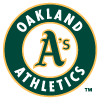
Hopefully his shin injury allows Laureano to return soon, as he had been red hot, batting .392/.441/.823 with eight homers in 23 games prior to the injury. That lifted his slash to .284/.334/.518 with 21 homes and 12 steals in 107 games. He still sits with a 27 percent K percentage and relatively low 5.3 BB percentage, though both marks were improved in his recent run and he's still just 24. Laureano was a trendy sleeper pick after hitting .288/.358/.474 in 156 at-bats last year, and his keeper value will see another spike this year, particularly if he can come back strong in September and pick up even close to where he left off. Laureano may even be a future leadoff guy, but only if he can get his walk rate up near the 10.1 percent mark he posted in 395 minor league games. Laureano's .344 BABIP seems a bit elevated, but he did post a .388 mark last year and had some .400-plus marks in the minors, so perhaps this is sustainable. Regardless, a 30 homer/20 SB season in 2020 appears very doable.
I'm sure glad I tossed a cheap Vazquez back last year in an 18-team two-catcher league (not that anyone cares about my fantasy team). Vazquez hit a miserable .207/.357/.283 with three homers in 269 PA. This year, of course, someone else has him at $2 and is benefitting to the tune of .279/.318/.479 with 18 home runs. Vazquez's hard hit rate per Statcast isn't that high at 38.8 percent (T-187), but it's still far better than the anemic 28.6 percent from last year and his barrel percentage is way up at 6.7 versus 1.9. He's striking out a bit more this year at 290.3 percent (vs. 15.3 percent in 2018), but even that is still a solid rate these days. Vazquez is hitting .208/.345/.500 this month, so he's not slowing down a bit. He'll probably clock in in the 15 range of my 2020 catcher rankings depending on how he finishes.
Shane Bieber, SP 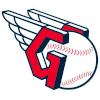
With a fastball averaging 93.2 mph, Bieber doesn't rely on that pitch to blow guys away. Instead, it's the command and control (1.8 BB/9) of four plus pitches (fastball, slider, curve and change) that's allowed Bieber to be a top-10 fantasy pitcher this year at 12-5 with a 3.27 ERA and 200 strikeouts. To think that Bieber would have more strikeouts at this point than guys like Max Scherzer, Stephen Strasburg and many others would have been unthinkable after a season in which he had a 4.55 ERA, but that's reality. To be fair, the underlying metrics in 2018 (9.3 K/9, 1.8 BB/9) supported an ERA much lower (FIP was 3.17), but his rise to being among the best in the game is still pretty impressive. Bieber actually opened the year as the Indians No. 5 starter, but safe to say that won't be the case in 2020. A few other categories where Bieber fares well (MLB rank in parentheses):
Swinging strike % - 14.3% (T-7)
Ground ball % - 45.4% (33)
K-BB% - 25.8% (5)
Opponent Batting Average - .215 (13)
fWAR (Pitchers only) – 4.3 (6)
Lucas Giolito, SP 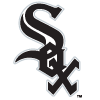
It's easy to forget that Giolito was perhaps baseball's top pitching prospect from 2015 to 2016, as prior to this season, he had accumulated a 5.40 big league ERA in 240 innings. Now he's the poster child for the saying "believe in the talent." The former No. 16 overall draft pick is 13-6 with a 3.41 ERA and 182:51 K:BB in 142.2 innings. That equates to an 11.5 K/9 and 3.2 BB/9, as the right-hander has improved his fastball velocity 1.7 mph on average to 94.1 mph this year, which is very notable considering last year's 6.5 K/9. Simply put, his stuff is better, and so is his command and control. You rarely (or never) see a swinging strike rate go from a mediocre 8.3 percent one year to an elite 14.6 percent the next, but that's Giolito this year. His change also has made huge strides this year, clocking in at one of the best in the game. This season hasn't always been perfect, as Giolito posted a 5.65 ERA in five July starts, but he's rebounded this month to put up a 16.0 K/9 in three starts. He should enter 2020 as a top-25 starting pitcher, so you may have to REALLY believe in the breakout to secure his services.
Luis Castillo, SP 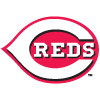
I'll certainly do a "draft this guy because he had a great second half in 2019" article sometime next spring, but yeah, I really blew it not believing in Castillo's second half last year. After putting up a 5.49 ERA before the break last year, Castillo recovered to put up a 2.44 mark in the second half. That has carried over to this year, as the Reds' ace is 11-5 with a 3.10 ERA and career-high 10.6 K/9. His control has regressed a little (3.7 BB/9), but an excellent 54.4 GB percentage has allowed him to minimize the damage. Castillo ranks sixth among all qualified starters with a 96.4 mph average fastball, and it's a sinking fastball, hence the GB rate. Sorry Marlins fans, but Castillo to the Reds for Dan Straily and other assorted spare parts hasn't worked out.
Taylor Rogers, RP 
It's laughable at this point when one sees fellow owners keeping "elite" closers over other less volatile options. If you were perusing March RP rankings this year, guys like Edwin Diaz, Wade Davis, Blake Treinen and Kenley Jansen could all have easily ranked in the top five. Well, Diaz has a 5.32 ERA, Jansen has struggled mightily with the HR ball, Davis has a 6.81 ERA and 1.77 WHIP, and Treinen has a 4.67 ERA and has lost the job to Liam Hendriks. Greg Holland was released (again), and Craig Kimbrel has a 6.08 ERA, while guys like Rogers, Ian Kennedy and Hansel Robles have provided unexpected value. Rogers, meanwhile, has been lights out for the most part with a 2.59 ERA, 11.6 K/9 and 1.6 BB/9. The southpaw has exhibited reverse platoon splits with a .273 BAA vs. LH hitters and a .228 mark against righties, but that's probably of little concern going forward. The Twins have Sergio Romo as a possible closing option going forward, but I'd certainly rather have Rogers this year and certainly in 2020.







